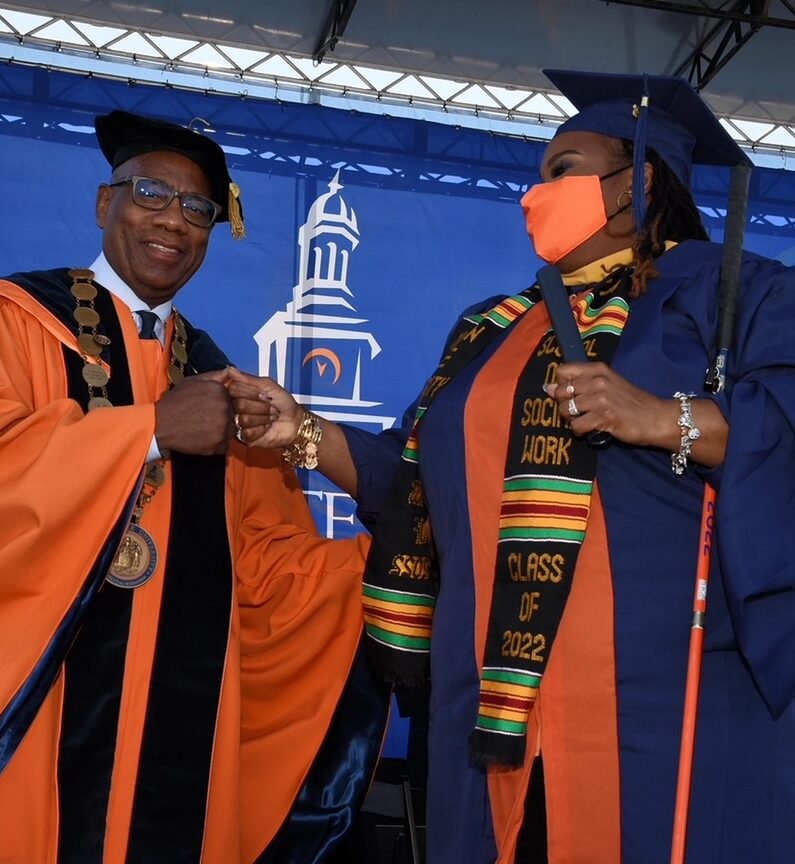2024 Summer Workshop and New Deans Institute
Online Registration is Now Open.
What We Do
CGS research and activities serve to advance graduate education and to promote U.S. competitiveness in the global economy. We invite you to explore our initiatives:

Data & Insights
CGS releases data and insights about key issues in graduate education.
View Data & Insights
Policy & Advocacy
CGS serves as a resource for policymakers and others on issues concerning graduate education, research, and scholarship.
View Policy & Advocacy Resources
Get Involved
CGS membership provides opportunities to engage with an active community of institutions and organizations that support graduate education.
Learn More About Getting Involved
Events
CGS events give leaders the opportunity to learn about, discuss and address current trends and issues in graduate education.
Learn More About EventsLatest Content
Subscribe to the News Network Newsletter!
Receive updates on major news, research, and policies shaping graduate education today.







